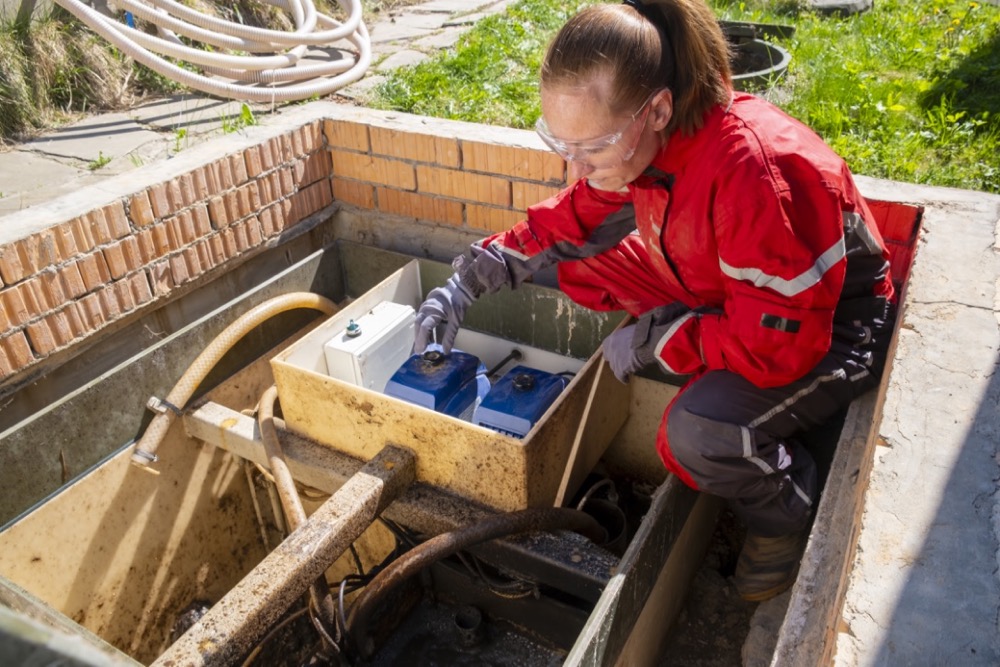
Here’s a step-by-step guide for homeowners and landowners emba
A septic system inspection is a comprehensive evaluation of the condition and functioning of your home's wastewater treatment system. Professionals check the tank, pipes, distribution box, and drainage field for any signs of damage, leaks, blockages, or inefficiency. Inspections may range from a simple visual check of the tank’s condition and water level to a full assessment including dye testing and opening inspection ports.
Routine Inspection Intervals
Every 1 to 3 Years: Most experts recommend having your septic system professionally inspected at least once every one to three years. This regular interval helps detect potential problems before they become major issues, like system failure or groundwater contamination.
If your household uses more water than average, has a garbage disposal, or hosts frequent guests, annual inspections are ideal.
For less intensive use, such as in vacation homes or smaller households, an inspection every three years may suffice.
When Buying or Selling a Home
A septic system inspection is essential during real estate transactions. Buyers should always request an inspection to ensure the system is functioning properly and not in need of expensive repairs. Many lenders and real estate agents make a passing inspection a condition for the sale.
Prior to Purchase: Before closing on a property with a septic system, hire a certified professional to conduct a thorough inspection.
Disclosure: Sellers may also proactively obtain an inspection report to assure potential buyers and speed up the sales process.
When Experiencing Warning Signs
Certain symptoms around your home or yard may indicate your septic system needs immediate inspection, regardless of when your last one took place. Key warning signs include:
- Slow drains or gurgling sounds in plumbing fixtures
- Foul odors near the septic tank, drain field, or in the house
- Standing water or soggy soil above the drain field
- Lush, bright green grass over the drain field (especially during dry weather)
- Sewage backup into sinks, toilets, or bathtubs
If you notice any of these signs, schedule an inspection immediately to prevent further damage or possible contamination.
After Severe Weather or Flooding
Storms, heavy rainfall, or flooding can overwhelm a septic system and cause malfunctions or backups. It’s wise to have your system checked after such events:
- Ensure that excess water hasn’t caused system damage or compromised the drain field.
- Inspect for soil erosion, tank infiltration, or blockages caused by debris.
Before Major Renovations or Additions
If you plan to add new rooms, bathrooms, or significantly increase water usage, an inspection is crucial:
Verify your current system can handle the additional load.
Determine if upgrades or modifications are needed to maintain compliance with local codes.
As Required by Local Regulations
Some municipalities have specific regulations regarding septic systems, including mandatory inspections at regular intervals or during property transfers. Always check with your local health department or environmental agency for legal requirements in your area.
After Septic System Repairs
Anytime you have repairs completed on your septic system—such as replacing baffles, fixing leaks, or unclogging pipes—an inspection should follow. This ensures the repairs were done correctly and the system is functioning as intended.
For more information, contact Morse Engineering and Construction.
